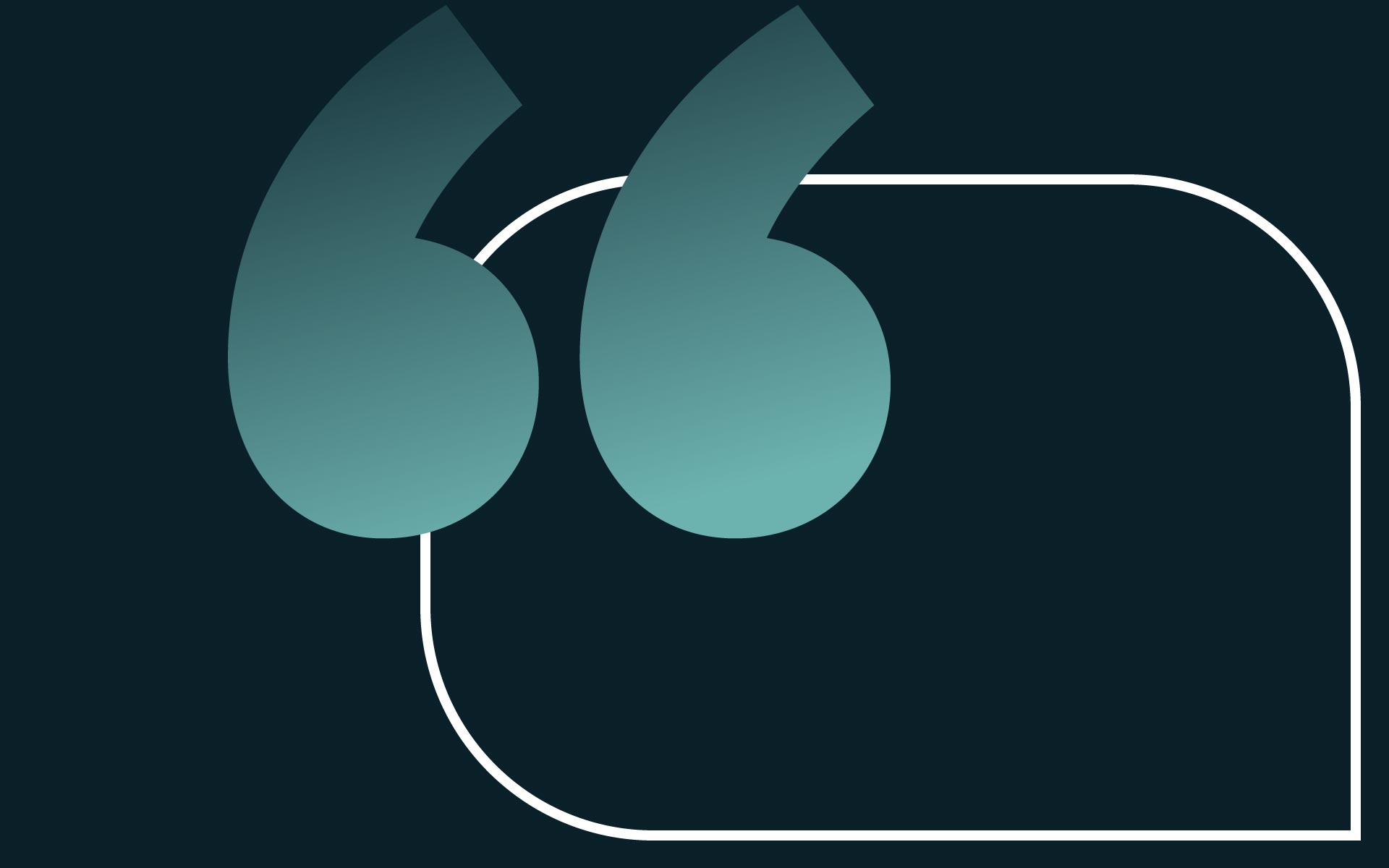
Most employees don’t give a second thought to sharing their physical health problems with managers and co-workers. Cancer, diabetes, cardiac issues, even intensely personal challenges like infertility are often discussed at work. When someone’s struggles revolve around emotional or mental health, however, there’s often a hesitancy to divulge that information. That’s because employees are often afraid to come forward, fearing their concerns will be dismissed or worse yet, they might face discrimination due to their mental health challenges.
Mental health issues are one of the most common health conditions in the United States with more than half of all U.S. adults requiring mental health treatment at some point in their lives. Yet the stigma around mental health is pervasive, primarily due to a lack of awareness, education and understanding. No wonder more than half of people experiencing mental health challenges don't receive treatment for their problem.
Employers are in a powerful position to help employees with their mental health by making available tools and resources for bringing peace to their lives. Simply making resources available isn’t enough, however, if employees fear being stigmatized when seeking help. It’s incumbent upon employers to erase this stigma by creating a culture where people feel comfortable discussing their mental health challenges without fear of scorn or retribution. Set the tone from the top by inviting members of the senior leadership team to share their personal stories. Seek to dispel myths about mental health and teach managers and employees to recognize signs of distress, respond compassionately and encourage their colleague to take advantage of mental health resources.

U.S. Surgeon General Dr. Vivek Murthy recently released the Surgeon General’s Framework for Mental Health & Wellbeing in the Workplace outlining the foundational role that workplaces should play in promoting the health and wellbeing of workers and their communities. The framework highlights five essentials to help organizations develop, institutionalize, and update policies, processes, and practices that best support the mental health and wellbeing of all workers.

“Employers are in a powerful position to help employees with their mental health by making available tools and resources for bringing peace to their lives. Simply making resources available isn’t enough, however, if employees fear being stigmatized when seeking help.”
Alight’s commitment
At Alight, we’re deeply committed to erasing the stigma around mental health and providing holistic wellbeing support that ‘cares for the whole person’ across the pillars of healthy mind, body, wallet and life. Through our Alight Worklife platform, colleagues have access to a wealth of Healthy Mind resources, as well as to counseling and work/life services through our Employee Assistance Program. In the U.S., employee caregivers are invited to take advantage of support and resources through our partner, Cariloop, as they provide care to their loved ones, whether that be young children, aging relatives or treasured friends. Recently, we granted all 16,000 global colleagues access to Calm, the #1 app for improving wellbeing by promoting better sleep, reducing stress and anxiety and developing mindfulness. Each employee is encouraged to share this benefit with those close to them, as we believe that while one in five colleagues may struggle with mental health issues, the other four are family and friends.
We also know that caring for the ‘healthy minds’ of our colleagues requires more than just a mental health program. For example, working with the Alight’s Women Professional Network – one of our Employee Resource Groups (ERGs) – we recognized the impact the stigma of menopause was having on the mental wellbeing of many of our colleagues. Partnering closely with ERG leaders, we created a simple support policy to destigmatize this natural phase of life. Similarly, we know the stress of waiting for payday can impact a colleague’s mental wellbeing when they run into an unexpected expense. Whether they need to ‘cash out’ early to cover an unexpected vehicle repair or pay rent that may be due before our standard payroll cycle, Alight Digital Wallet can help alleviate their financial and mental pressure by providing the opportunity to get paid 365 days a year.
Additionally, through mental health awareness training, our people learn how to prioritize mental wellbeing, recognize signs and symptoms of mental health challenges and be supportive of their colleagues. Recently, several of our leaders shared their own experiences during a Mental Health Keynote Event at our headquarters near Chicago. In recognition of our commitment to creating a healthier, happier, more resilient workforce, Alight was honored with a Corporate Leadership Award, presented by the National Alliance on Mental Illness (NAMI) at their annual Seeds of Hope Gala in New York City.
Mental/emotional wellbeing is crucial to a successful, satisfying, productive life. Comprehensive mental health benefits and resources are essential, but clearly, they are not enough. The time has come to erase the stigma surrounding mental health and create supportive environments where people feel comfortable talking about their struggles. Only then will they feel empowered to seek the support they need to live their best lives at home and at work.



